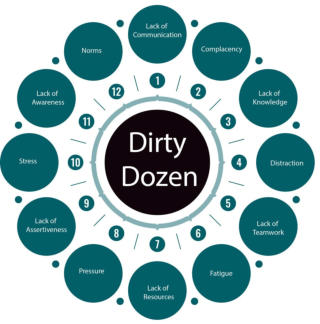
BACK TO BLOG
September, 2022.
I'm British but I live in the US now. The news coverage here of the death of Queen Elizabeth II has reminded me of when I was a
small boy. As a naughty 5-year old my mum would sometimes threaten to telephone the Queen!
'Right, that's it ... I'm calling the Queen'. As she pretended to dial the number for the Queen I would melt into compliance ...
'Please mummy, no. I promise to be a good boy!'
One of the reasons for the great respect we felt for Queen Elizabeth was because of her silence ... we never really knew what she
thought. Oh, how I would love to have known what she really thought about Trump! About Brexit? About her son Andrew? But
she never told us. And that helped enormously to make her feel remote, aloof and powerful.
In our day-to-day lives there are many reasons to remain silent. Often we don't want to ask for help or to admit we don't
understand something. We prefer to pretend everything is fine. We don't want to be labeled 'a trouble-maker', to be labeled
'slow'.
But in aviation it's different. We know that we have a responsibility to speak out if we think something is wrong or we don't
understand, regardless of seniority, gender or culture.
'Assertiveness' is an important part of Human Factors training. The 'Dirty Dozen'
includes 'Communication' but I believe language specifically deserves more
attention.
To admit you don't understand something or to question someone else's actions
requires courage and confidence. But to do that in another language? And to do it
perhaps when the other person is using their first language and you are using your
second (or third or fourth) language requires real courage and confidence.
This short video looks at some of the issues:
HUMAN FACTORS - language


September, 2022.
I'm British but I live in the US now. The news
coverage here of the death of Queen Elizabeth II
has reminded me of when I was a small boy. As a
naughty 5-year old my mum would sometimes
threaten to telephone the Queen!
'Right, that's it ... I'm calling the Queen'. As she
pretended to dial the number for the Queen I
would melt into compliance ... 'Please mummy,
no. I promise to be a good boy!'
One of the reasons for the great respect we felt
for Queen Elizabeth was because of her silence ...
we never really knew what she thought. Oh, how
I would love to have known what she really
thought about Trump! About Brexit? About her
son Andrew? But she never told us. And that
helped enormously to make her feel remote,
aloof and powerful.
In our day-to-day lives there are many reasons to
remain silent. Often we don't want to ask for
help or to admit we don't understand something.
We prefer to pretend everything is fine. We don't
want to be labeled 'a trouble-maker', to be
labeled 'slow'.
But in aviation it's different. We know that we
have a responsibility to speak out if we think
something is wrong or we don't understand,
regardless of seniority, gender or culture.
'Assertiveness' is an important part of Human
Factors training. The 'Dirty Dozen' includes
'Communication' but I believe language
specifically deserves more attention.
To admit you don't understand something or to
question someone else's actions requires
courage and confidence. But to do that in
another language? And to do it perhaps when
the other person is using their first language and
you are using your second (or third or fourth)
language requires real courage and confidence.
This short video looks at some of the issues:
HUMAN FACTORS - language
BACK TO BLOG







